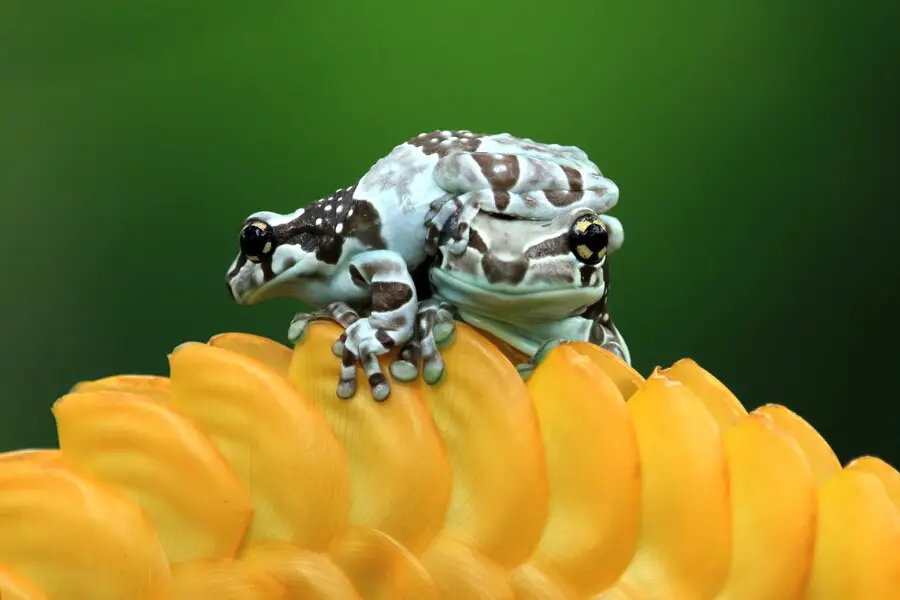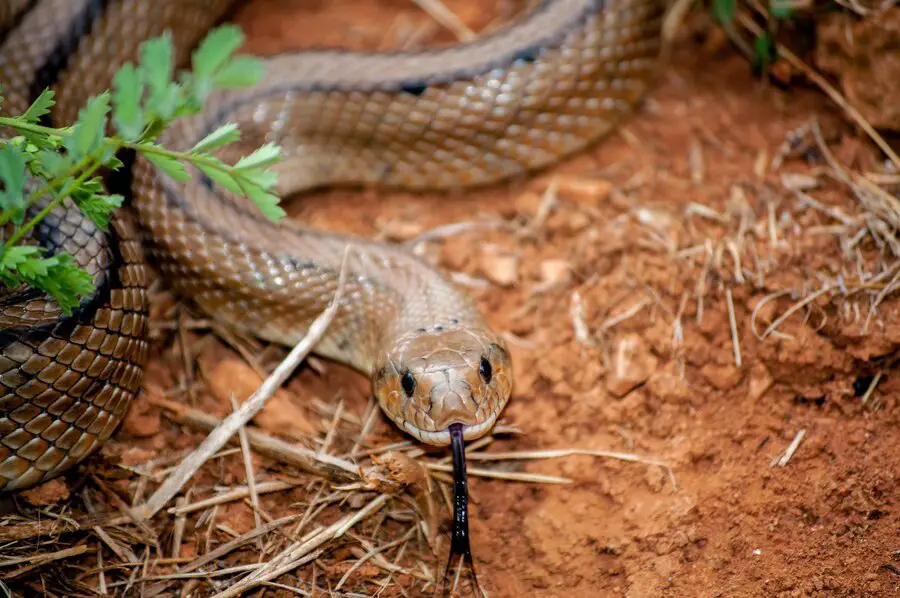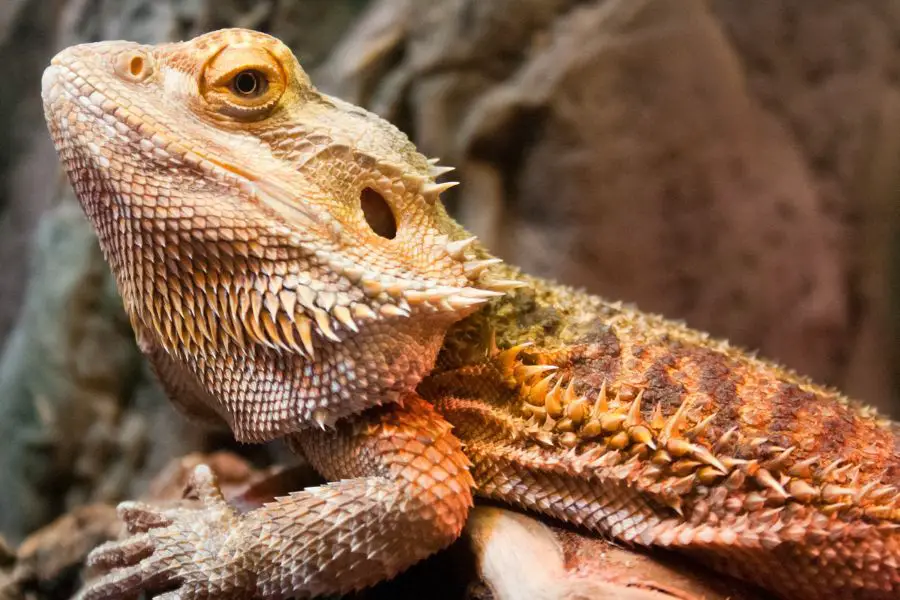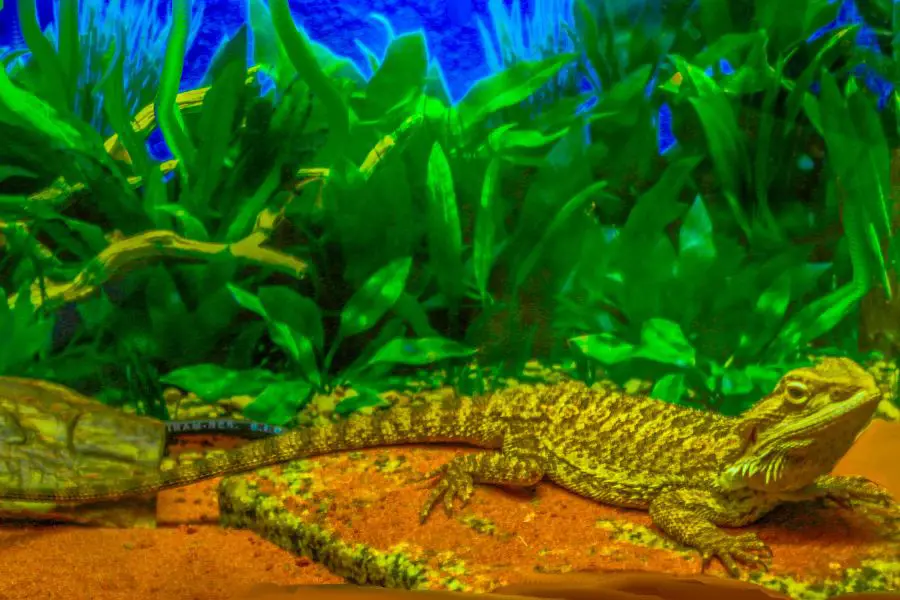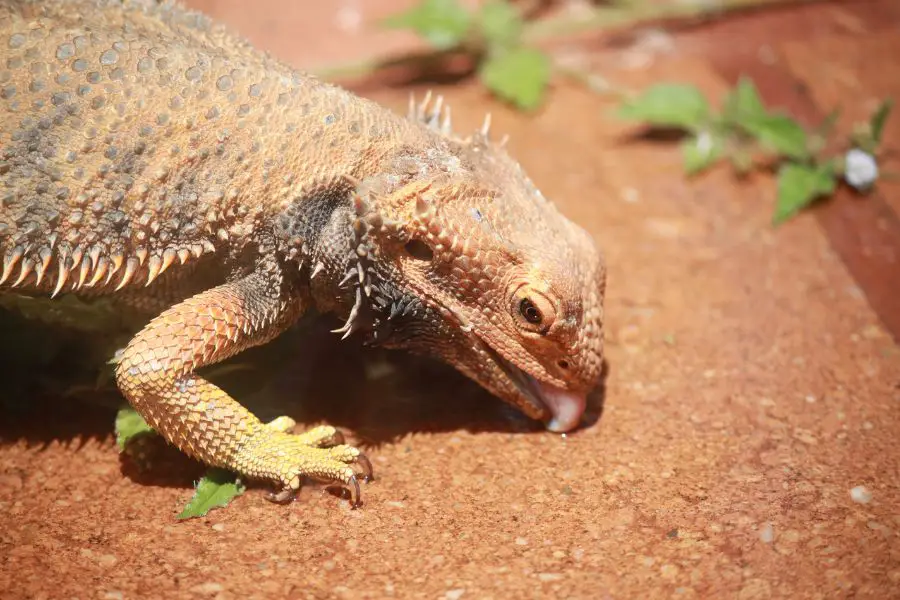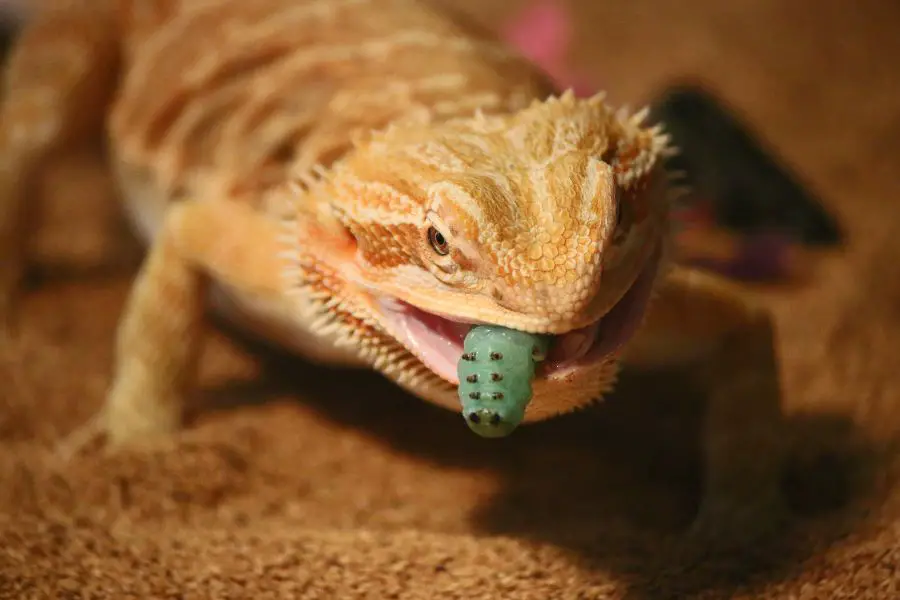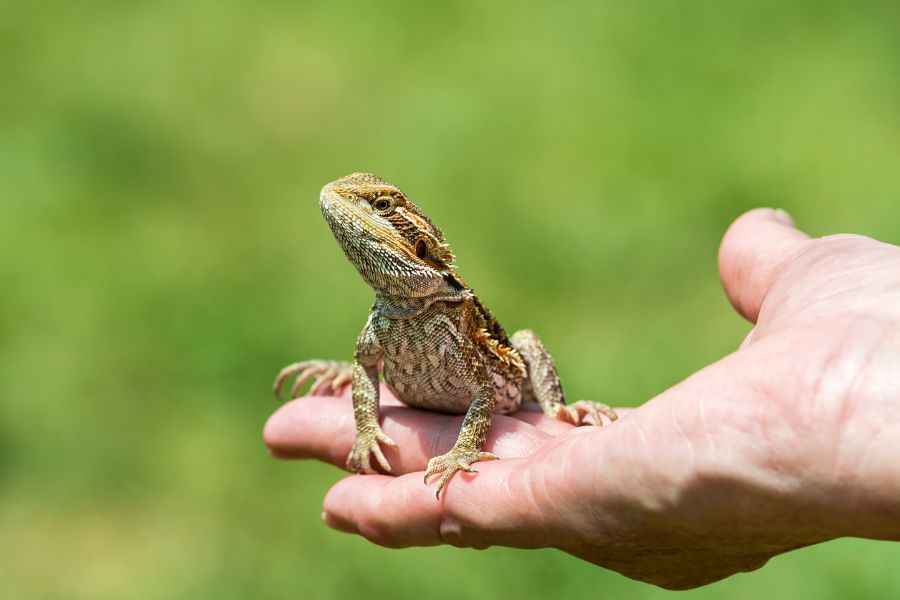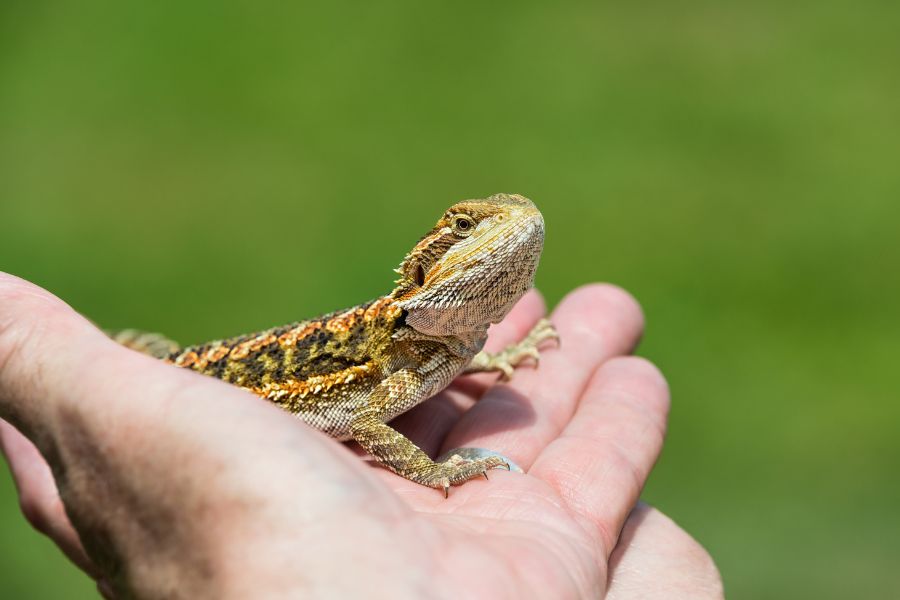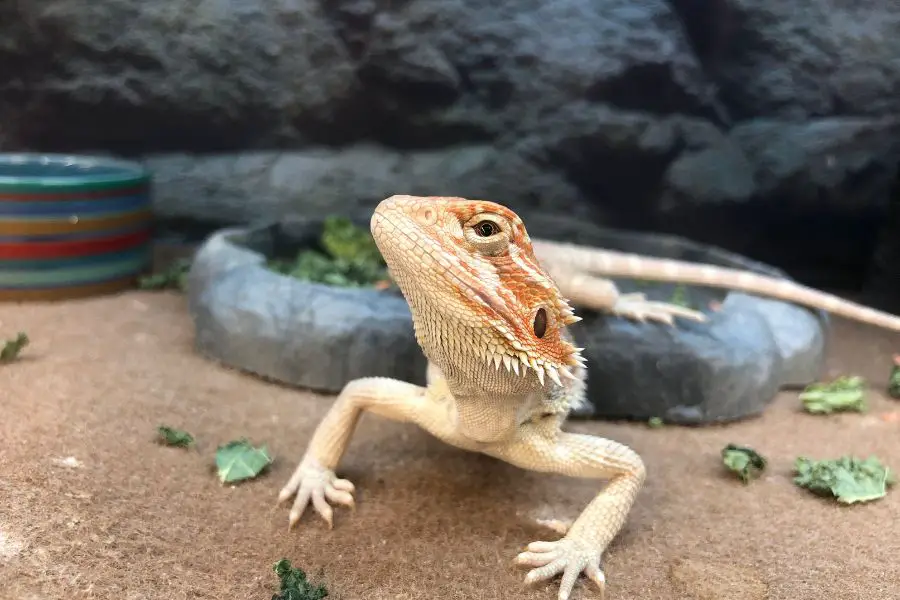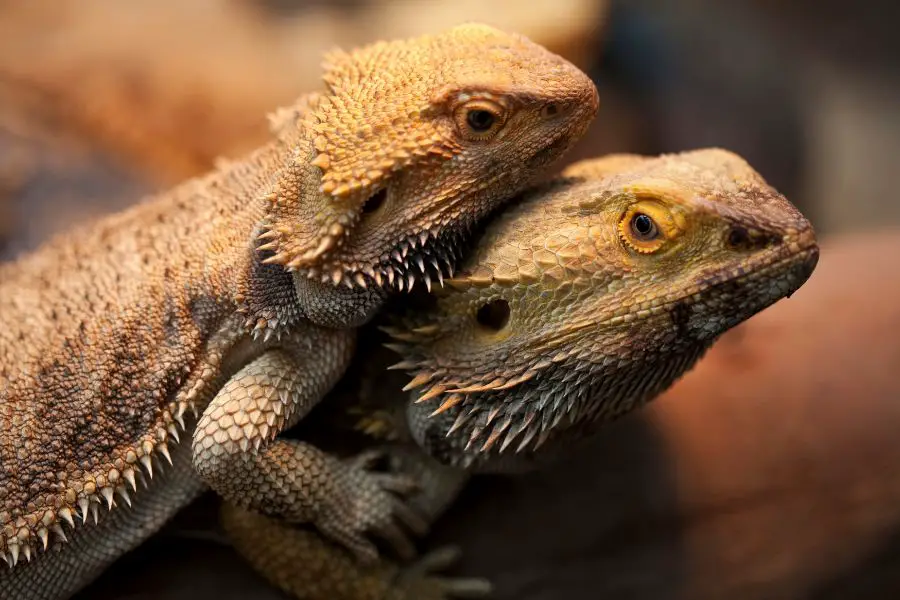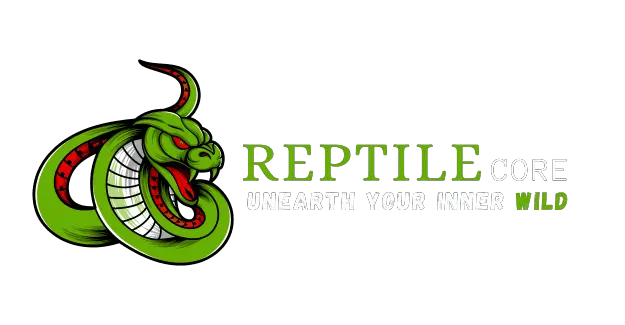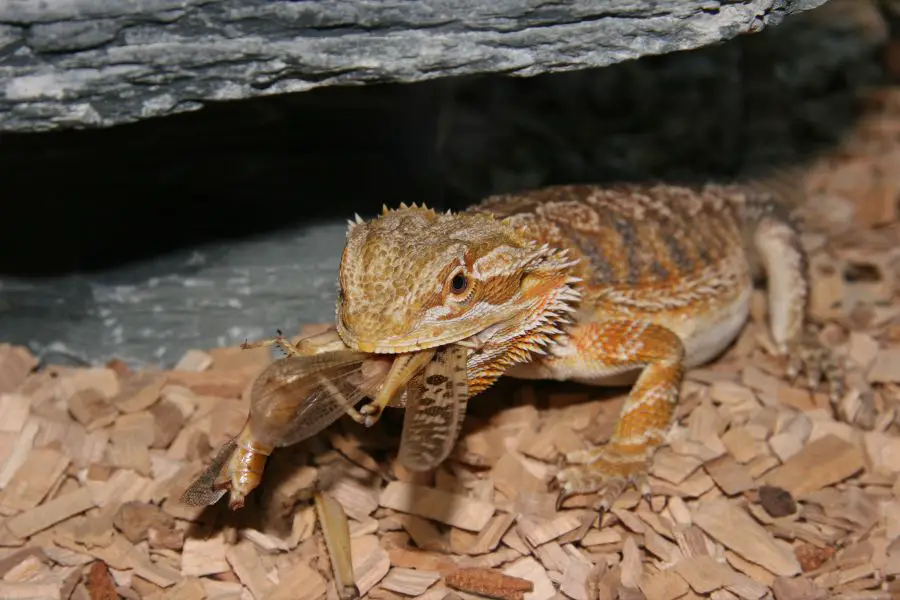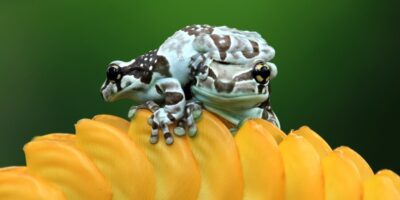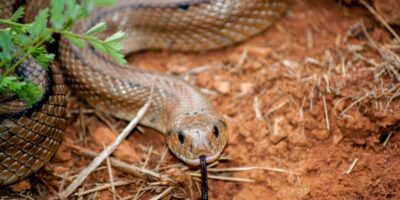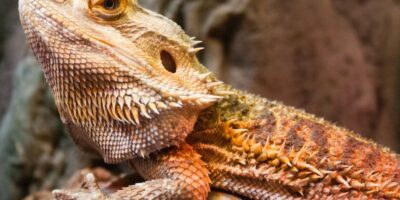Bearded dragons are awesome pets known for their unique appearance and friendly nature. They come from the arid regions of Australia and require specific care to thrive. When it comes to their diet, bearded dragons are omnivores, which means they eat both insects and vegetables. Insects like worms, crickets, dubia roaches, silkworms, and phoenix worms are great sources of protein for them.
They also enjoy munching on a variety of vegetables such as collard greens, mustard greens, turnip greens, kale, Swiss chard, bok choy, dandelion greens, carrots, and squash.
Can Bearded Dragons Eat Beetles?
When it comes to beetles, it’s important to be cautious about the specific types you offer to your bearded dragon. While some beetles are safe for them to eat, others can pose potential risks. One example is the blister beetle, which contains a toxin called cantharidin. Cantharidin can cause irritation and blistering in the mouth, throat, and digestive tract of bearded dragons if ingested. It’s crucial to avoid feeding your pet any beetles that may contain this toxin.
Additionally, some beetles may have hard exoskeletons that can be difficult for bearded dragons to digest. This can potentially lead to impaction, a condition where the digestive system becomes blocked. It’s always a good idea to provide appropriate-sized prey and ensure that the beetles are properly gut-loaded and dusted with calcium powder before feeding them to your bearded dragon.
To ensure the safety and well-being of your pet, it’s best to stick to known safe options like mealworm beetles or superworm beetles. Remember, it’s always a good idea to consult with a reptile veterinarian or do further research to make informed decisions about your bearded dragon’s diet.
Safe Beetles for Bearded Dragons
There are a few types of beetles that are generally considered safe for bearded dragons to eat. One common option is the mealworm beetle, which is the adult stage of the mealworm. These beetles are a good source of protein and can be offered to your bearded dragon as part of a varied diet. Another safe option is the super worm beetle, which is the adult form of the superworm. These beetles are larger than mealworm beetles and can provide a nutritious snack for your pet.
When it comes to nutritional value, beetles are rich in protein, which is essential for the growth and development of bearded dragons. They also contain some fat, which can be beneficial for energy. However, it’s important to note that beetles should not be the sole source of nutrition for your bearded dragon. They should be offered as part of a balanced diet that includes a variety of insects and vegetables.
Beetles to Avoid
When it comes to beetles that should be avoided due to potential toxicity or health risks for bearded dragons, one example is the blister beetle. Blister beetles contain a toxin called cantharidin, which can be harmful if ingested by your pet. Cantharidin can cause irritation and blistering in the mouth, throat, and digestive tract of bearded dragons.
It’s important to be cautious and avoid feeding your bearded dragon any beetles that may contain this toxin. Stick to known safe options like mealworm beetles or superworm beetles, which are generally considered safe for bearded dragons to consume. Remember, it’s always a good idea to do further research or consult with a reptile veterinarian to ensure the safety and well-being of your pet.
Alternatives to Beetles
When it comes to safe and nutritious insect options for bearded dragons, there are a few choices you can consider. One popular option is crickets, which are rich in protein and a great source of exercise for your pet. You can offer appropriately sized crickets to your bearded dragon as part of their balanced diet.
Another option is dubia roaches, which are low in fat and high in protein. They are easy to digest and provide essential nutrients for your bearded dragon’s overall health. Silkworms are another excellent choice, as they are soft-bodied and packed with protein. They also contain beneficial nutrients like calcium and magnesium.
Phoenix worms, also known as black soldier fly larvae, are another safe and nutritious option. They have a good balance of protein, calcium, and phosphorus, making them a great addition to your bearded dragon’s diet. Just remember to always gut-load and dust the insects with calcium powder before feeding them to your pet. It’s important to offer a variety of insects to provide a well-rounded diet for your bearded dragon.
Other Insects
Several other insects are safe for bearded dragons! Some popular options include crickets, dubia roaches, silkworms, and phoenix worms. These insects provide essential nutrients and are a great addition to your bearded dragon’s diet. Just remember to ensure that the insects are appropriately sized for your pet and from a reliable source.
Dubia roaches offer several nutritional benefits for bearded dragons. They are high in protein, which is essential for growth, muscle development, and overall health. These roaches also have a good balance of fat, making them a great energy source for your bearded dragon. Additionally, they provide important nutrients like calcium, which is crucial for bone health, and other minerals that support various bodily functions. Including dubia roaches in your bearded dragon’s diet can help ensure they receive a well-rounded nutritional intake.
Conclusion
To summarize the information we’ve discussed, it’s important to provide a balanced diet for your bearded dragon. This includes a variety of safe vegetables like collard greens, mustard greens, turnip greens, kale, Swiss chard, bok choy, dandelion greens, carrots, and squash. Safe insects for them include worms, crickets, dubia roaches, silkworms, and phoenix worms.
When it comes to fruits, safe options include blueberries, papaya, apples, mango, pears, grapes, peaches, and raspberries. Remember to avoid feeding your bearded dragon any toxic or potentially harmful insects like blister beetles. It’s always a good idea to do some research or consult with a reptile veterinarian to ensure you’re providing the best care and nutrition for your pet.
